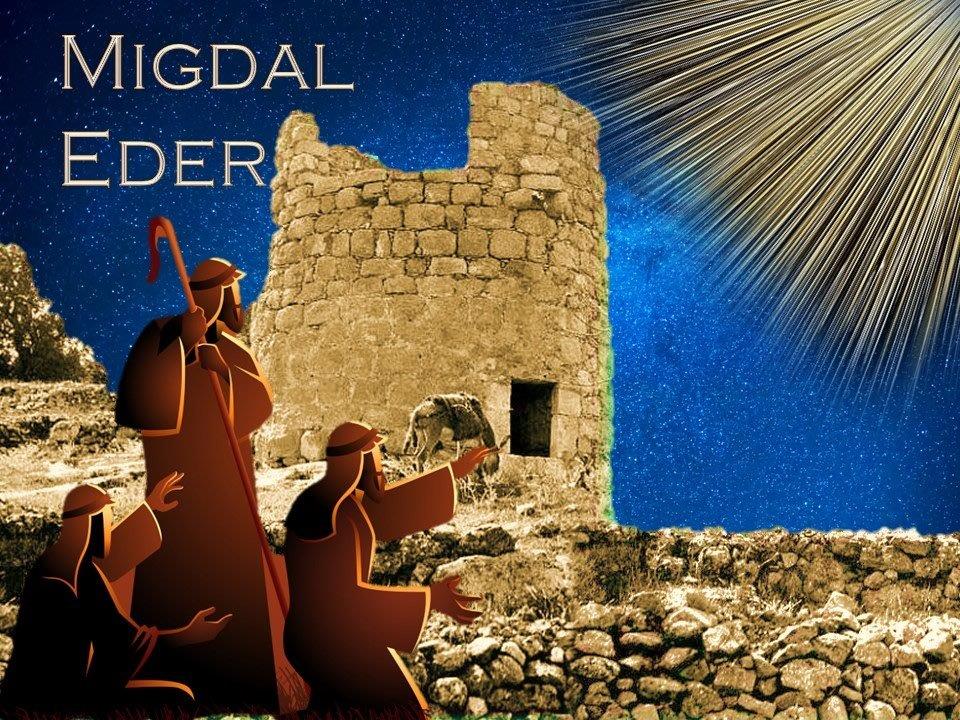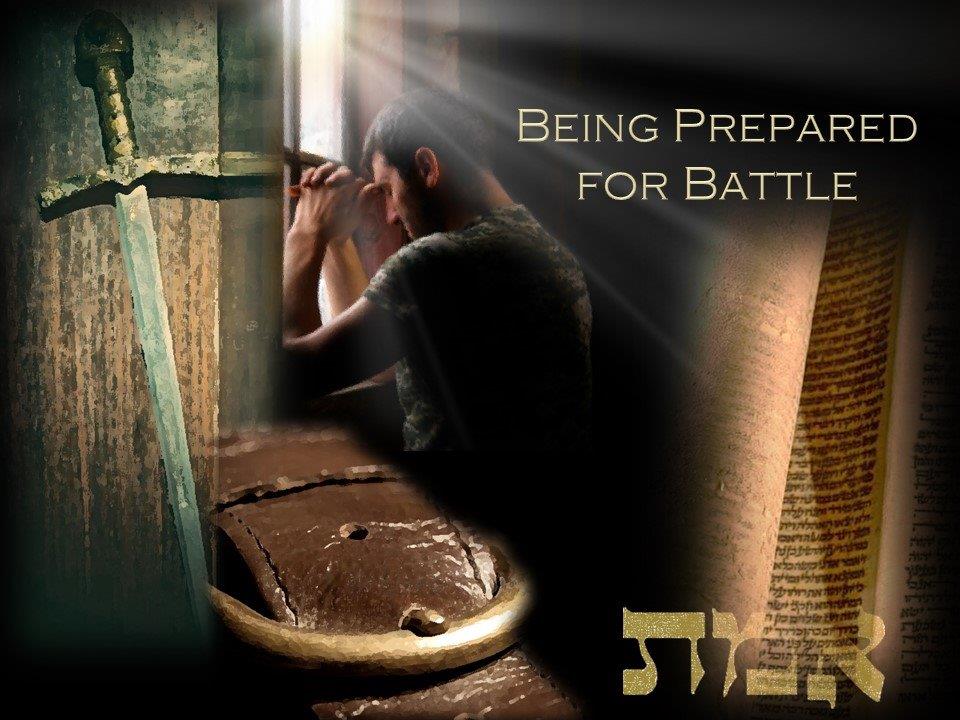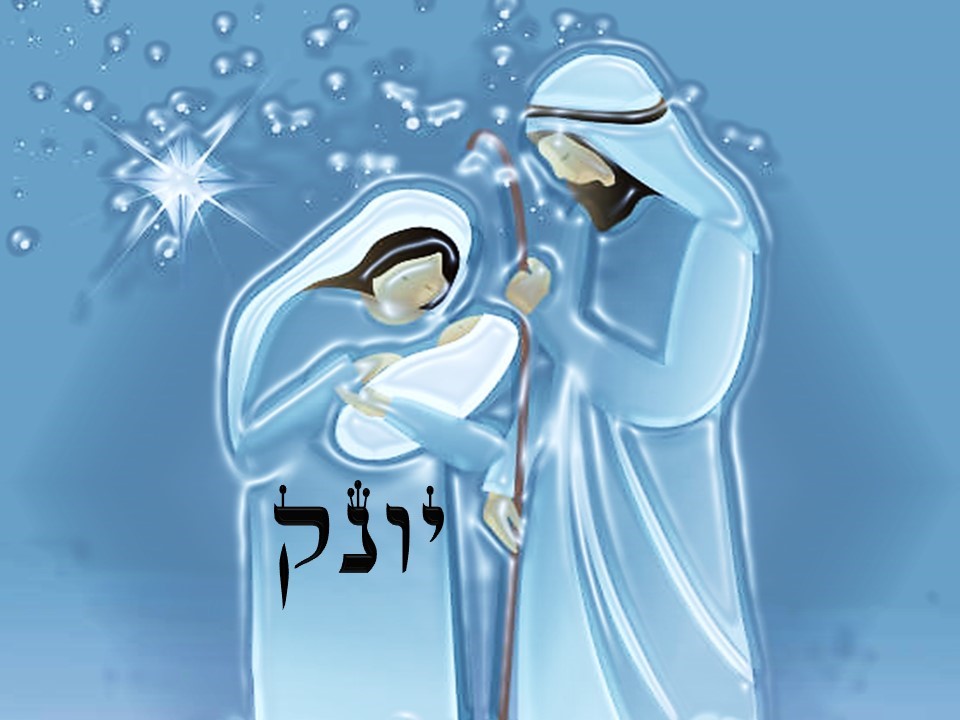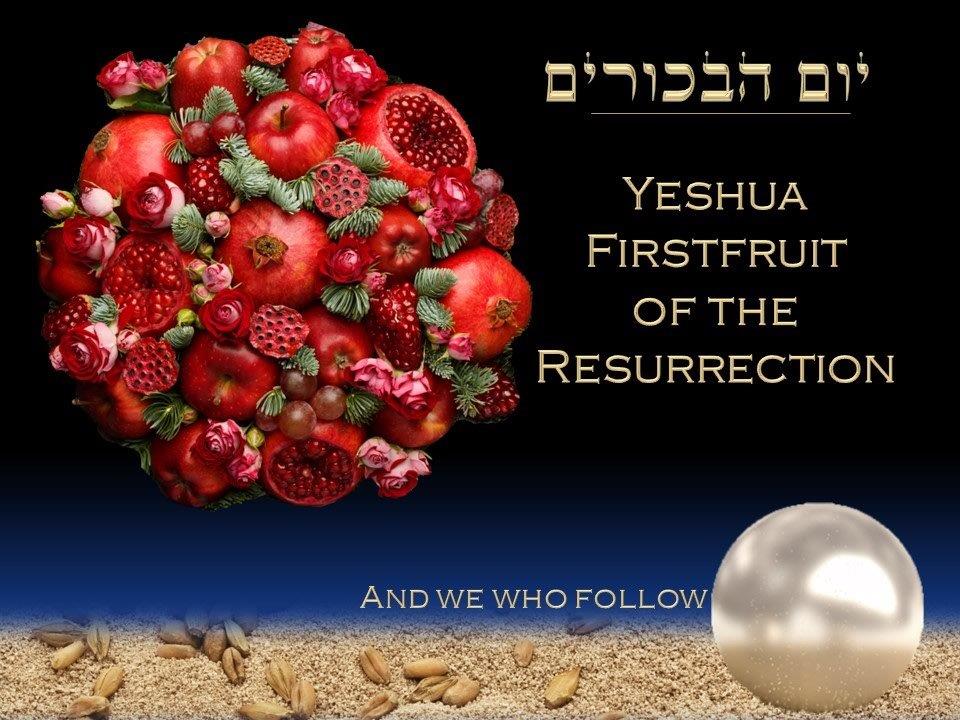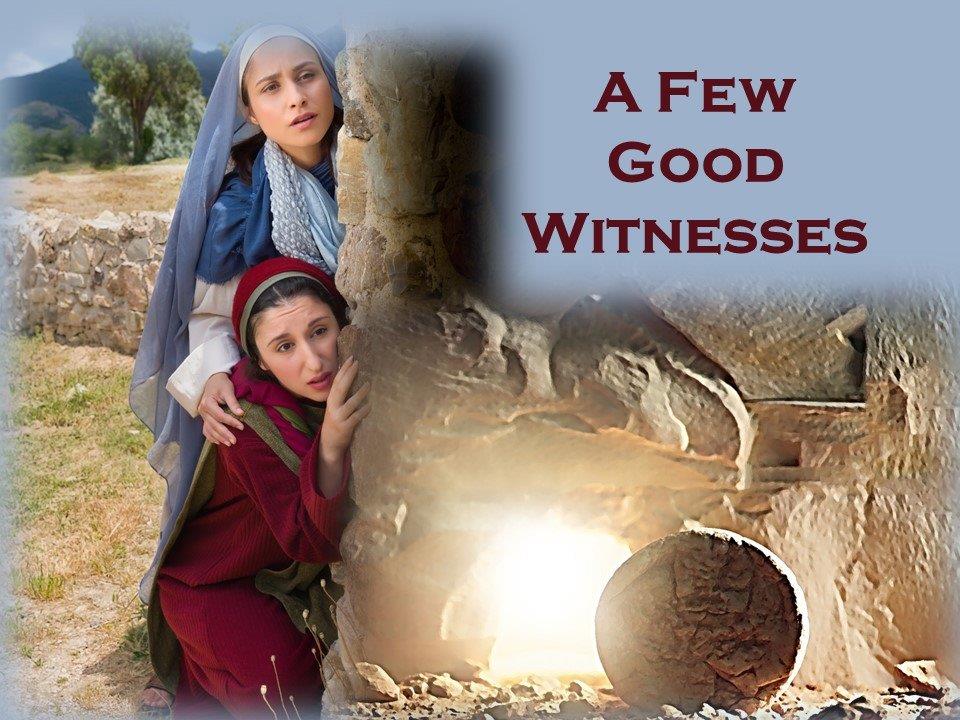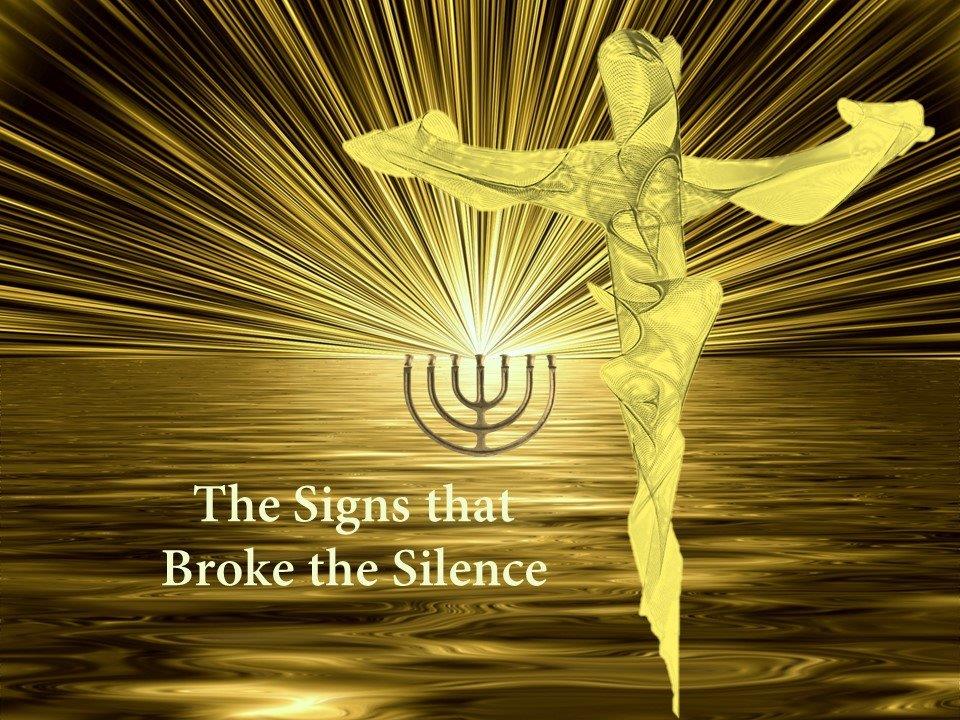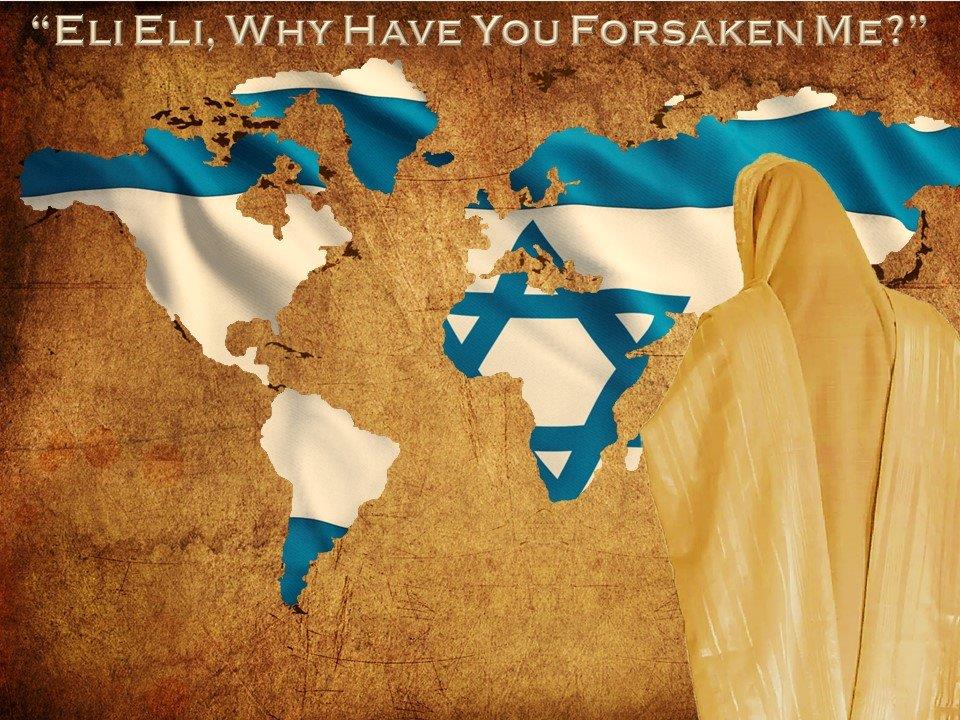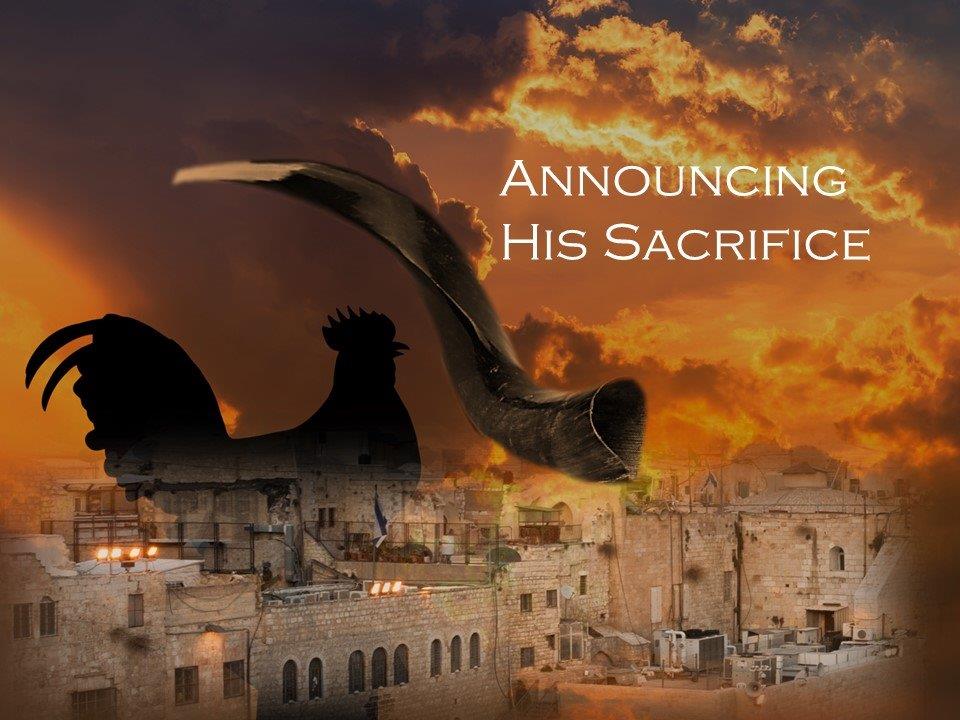Excerpts from our Weekly Newsletter
At this time of the Gregorian calendar’s New Year, many of us ask ourselves what resolution or changes we are considering in our lives. What a great way to enter the book of Numbers, chapter 6 and take a deeper look at the Nazarite vow…
When we consider this text (Luke Chapter 2:1-7), another question arises. Why did the Glory of the Lord appear to these particular shepherds, among the many in Israel? Why in this place and not another? This is when we are going to see something truly extraordinary…
In fact, chapter 10 of Daniel is like a manual for believers in the end times. There we find a perfect pattern of activity to follow for our own days. It will teach us how to make ourselves ready and to make a difference in this world…
Because Hanukkah and Christmas are so closely situated on the calendar some might dare to call this the season of Chrismukkah. However, is there a positive and productive correlation between these two events? We can surely say that without Hanukkah there would have been no Christmas…
In the History of the Church there are many legends and traditions which conceal many biblical truths, especially when it comes to Christmas.For instance, how many magi were there? Not three.
The account given points to some exceptional individuals who were armed with such faith and boldly showed it throughout the ordeal of the crucifixion and the resurrection…
Of the many women that were there, only three are named. That is in keeping with the requirement of the law which says that …on the evidence of two or three witnesses a matter shall be confirmed. Deut. 19:15b…
What makes these signs so significant is that they are not only recorded in the Bible, but also in secular history books…
But what is the message and the significance of this sudden darkness? What did it mean to the people then? This darkness brings us from the first Passover and then to its final fulfillment…
In the story of Peter’s repentance, the rooster plays a very significant role. Why use the rooster?…

